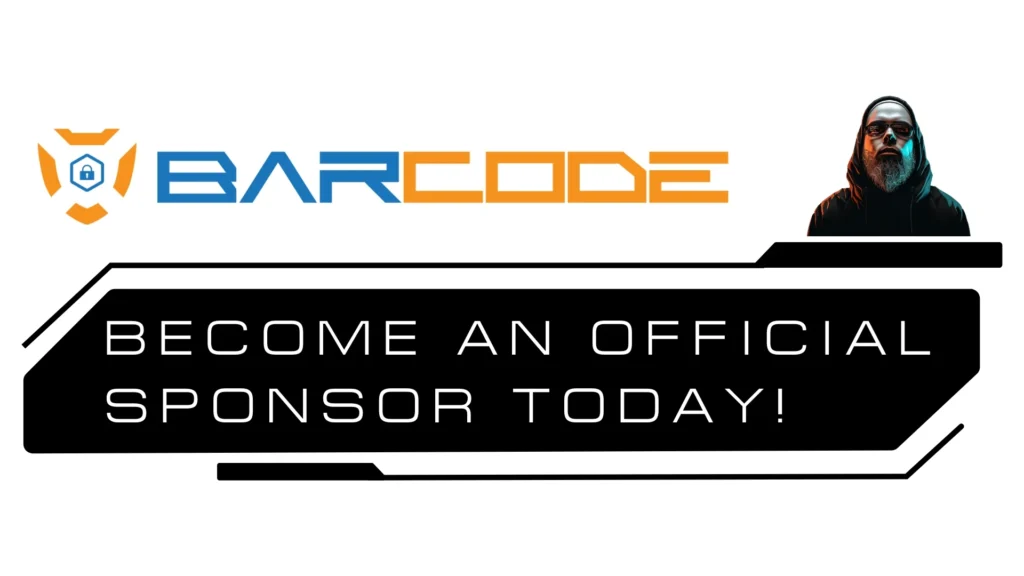Dr. Jessica Barker is an esteemed figure in the realm of cybersecurity with a commendable history of influencing cybersecurity awareness, behavior, and culture across the globe. As the co-founder and co-CEO of Cygenta, she has made notable strides in providing face-to-face cybersecurity awareness sessions to over 50,000 individuals. With accolades such as being named one of the top 20 most influential women in cybersecurity in the UK, her expertise, especially in the human aspect of cybersecu…






